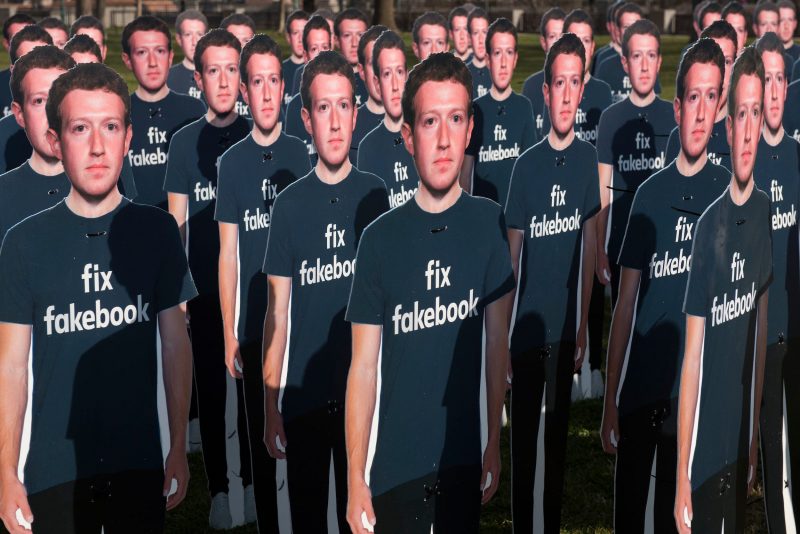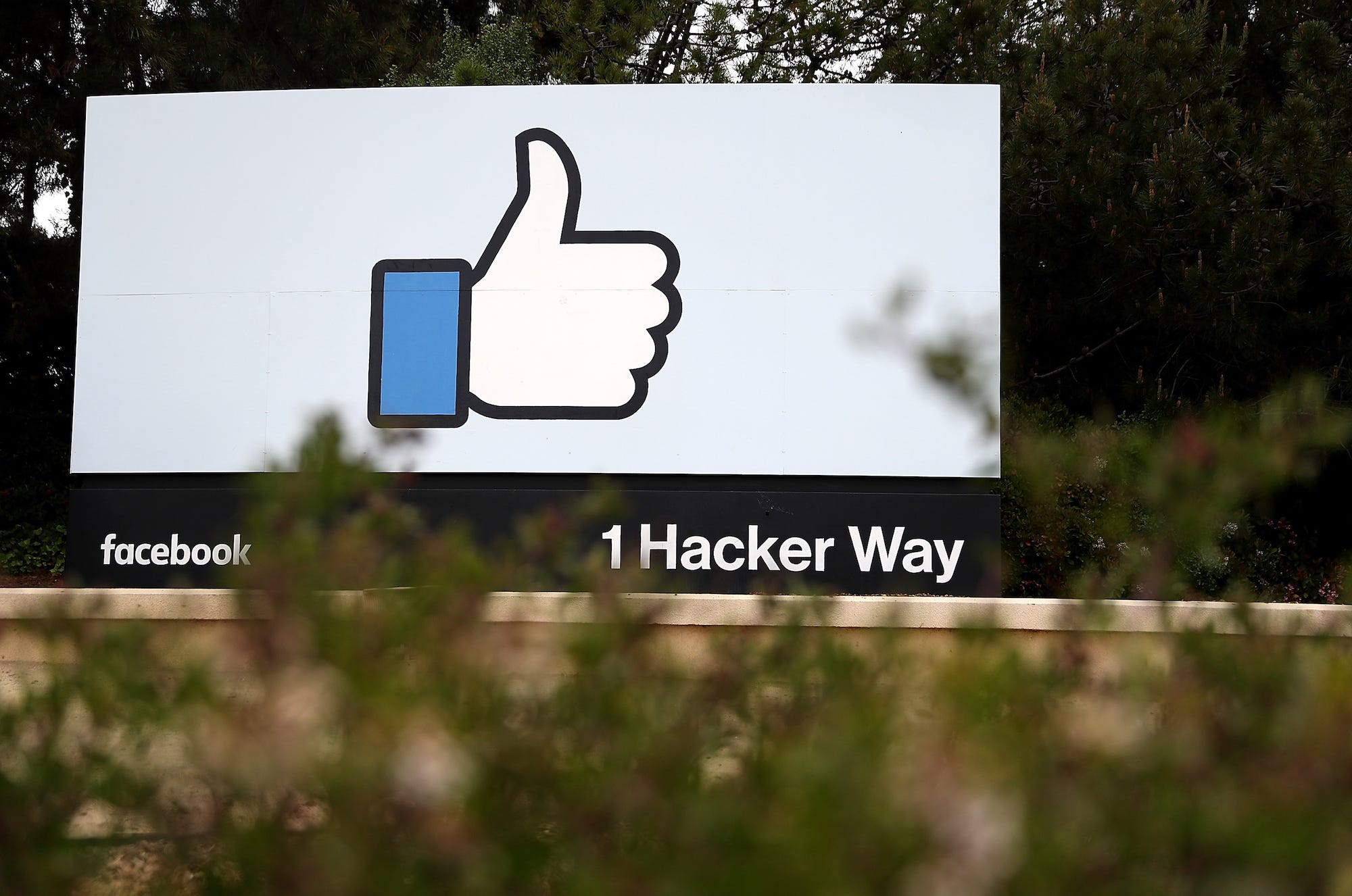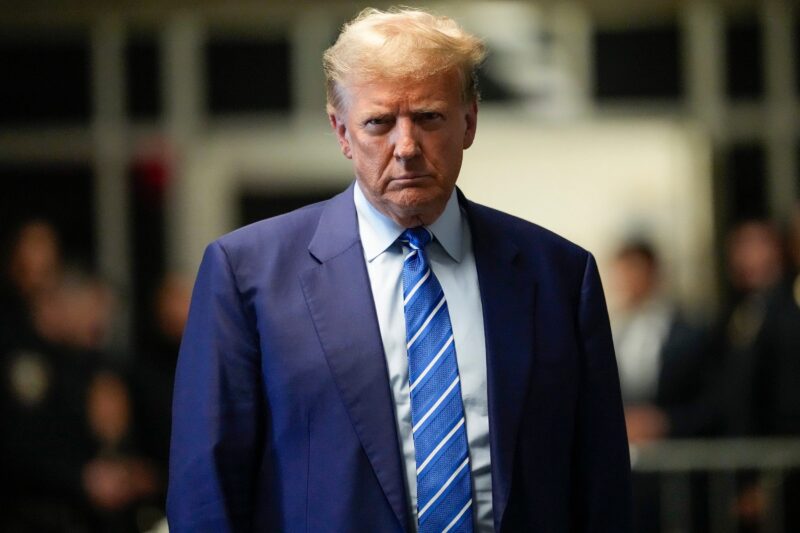Hello and welcome back to Trending, Business Insider’s weekly look at the world of tech. I’m Alexei Oreskovic, Business Insider’s West Coast Bureau Chief and Global Tech Editor. If you want to get Trending in your email inbox every Wednesday, just click here.
This week: The fire Zuck started is spreading, and Twitter, Apple, and Sand Hill road are all in its path

It’s been a difficult and emotional week as Americans react to the killing of George Floyd and the longstanding institutional racism that it represents.
The protests in the streets have been the most visible manifestation of anger, but the unrest is also playing out inside tech companies, many of which control the platforms where toxic content has proliferated. A couple of important developments are worth paying attention to:
1. Dozens of Facebook employees stopped working on Monday to protest the company's refusal to censor posts by Donald Trump inciting violence, and Timothy Aveni, a Facebook engineer, publicly resigned.
- Don't be surprised to see more follow Aveni's lead. These public resignations are the new form of white-collar tech worker activism, with Google employees quitting to protest military contracts in 2018, and Amazon engineer Tim Bray resigning in May after the company fired COVID-19 whistleblowers.
- The Facebook protests are an unmistakable and direct challenge to the leadership of Mark Zuckerberg, who has doubled down on a hands-off policy towards controversial content (to his credit, Zuckerberg is owning his decision, unlike Google founders Larry Page and Sergey Brin who disappeared as backlash exploded over the company's plans for China and military work).
2. The firestorm facing Zuckerberg is unlikely to spare other corners of the tech industry, from Twitter and YouTube to the clubby world of venture capital.
- Twitter CEO Jack Dorsey is floating on a cloud of goodwill right now because the company's actions are better than Facebook's, which is to say, better than nothing. But the reality is that Twitter's "labels" are still weak medicine, and Twitter's past role enabling the unfettered spread of hate and misogyny online may come back to haunt it.
- The venture industry, which plays a big role in creating the next generation of Apples and Amazons, remains a homogenous bastion of white men that's overdue for a shake-up.
- Even Apple CEO Tim Cook, who has been out front on causes like climate change and LGBTQ issues, became a target when VC Vinod Khosla called him out Monday for cozying up to Trump.
You have to appreciate the irony in seeing tech's masters of the universe succumb to the same divisiveness and backbiting that their products have induced in their customers.
But the real takeaway here is the palpable sense that, for the first time in a generation, the parameters we've accepted with social media and smartphones are being decisively challenged. All the prior privacy scandals, screentime concerns, and security screw-ups may have chipped away at the industry's reputation, but they lacked the force to bring the industry to a tipping point. This feels different.
Trump's executive order last week, which threatened to strip away all safeguards from social media, has forced the industry to confront an uncomfortable reality.
And the dramatic real-world events unfolding over the past few months have added to the sense of alarm. As former Facebook communications director Barry Schnitt wrote in a powerful open letter to Facebook employees: "We are in the midst of a global pandemic. Nearly 400,000 people are dead. Many more are likely to die and that risk is being made worse by content you host. Every. Single. Day."
He asks Facebook employees to consider what might happen in the event of a war. "Ask yourself where a concerted and systematic undermining of science and truth and rampant divisiveness ends if it is left unchecked?"
It's a question the tech industry is finally realizing it can't ignore.
Sound bite of the week:
"My clients are often middle-class Russian and Ukrainian boys with good knowledge of computer science. They have difficulty finding a job, so they prefer to break the law - knowingly or unknowingly."
- Arkady Bukh, a Soviet-born attorney based in New York who has built a practice defending criminal hackers from Russia and Eastern Europe. In an interview with Jeff Elder, Bukh discussed his work representing roughly 100 clients accused of crimes ranging from online murder schemes to stealing personal information.
Snapshot: The hundred-year war of the mask
Face masks are the center of the heated "health versus economy" debate. And as BI's Katie Canales writes, it's not the first time we've done this. Back in 1918 and 1919, when the Spanish flu pandemic was raging, masks were a hot-button issue. There was even an Anti-Mask League of 1919 devoted to repealing mask laws - although its members' fashion game was much stronger than today's mask opponents.
Recommended Readings:
Not necessarily in tech:
That's going to do it for this week. Thanks for reading, and remember, if you like this newsletter, tell your friends and colleagues they can sign up here to receive it.
- Alexei












